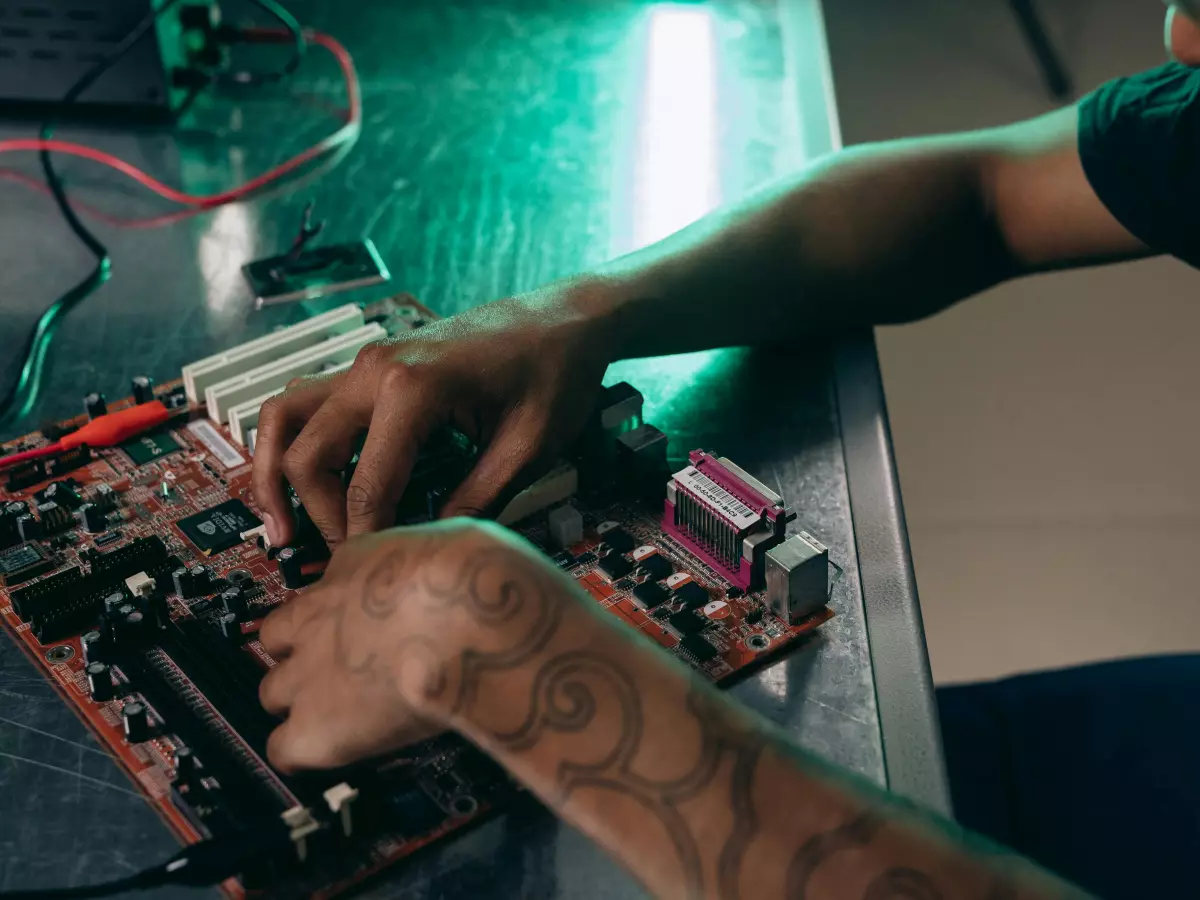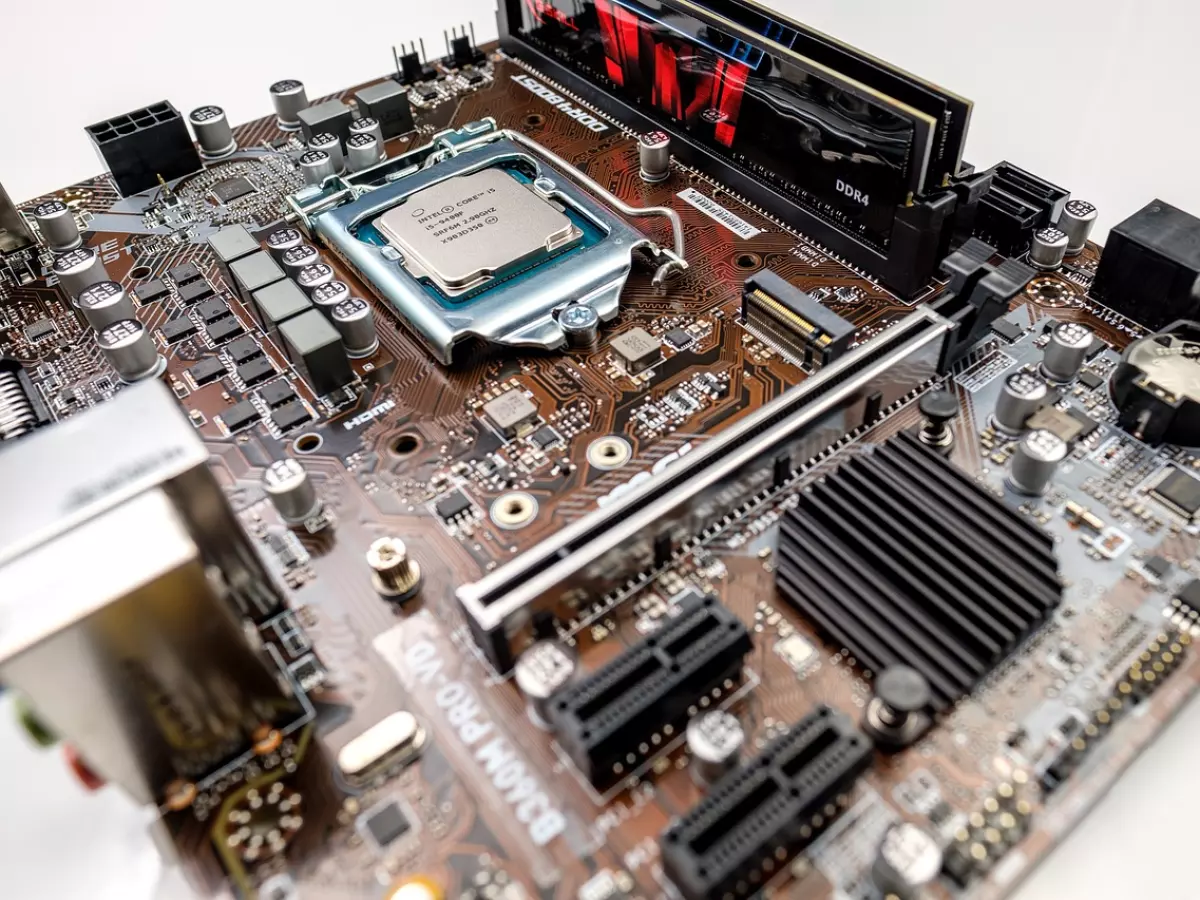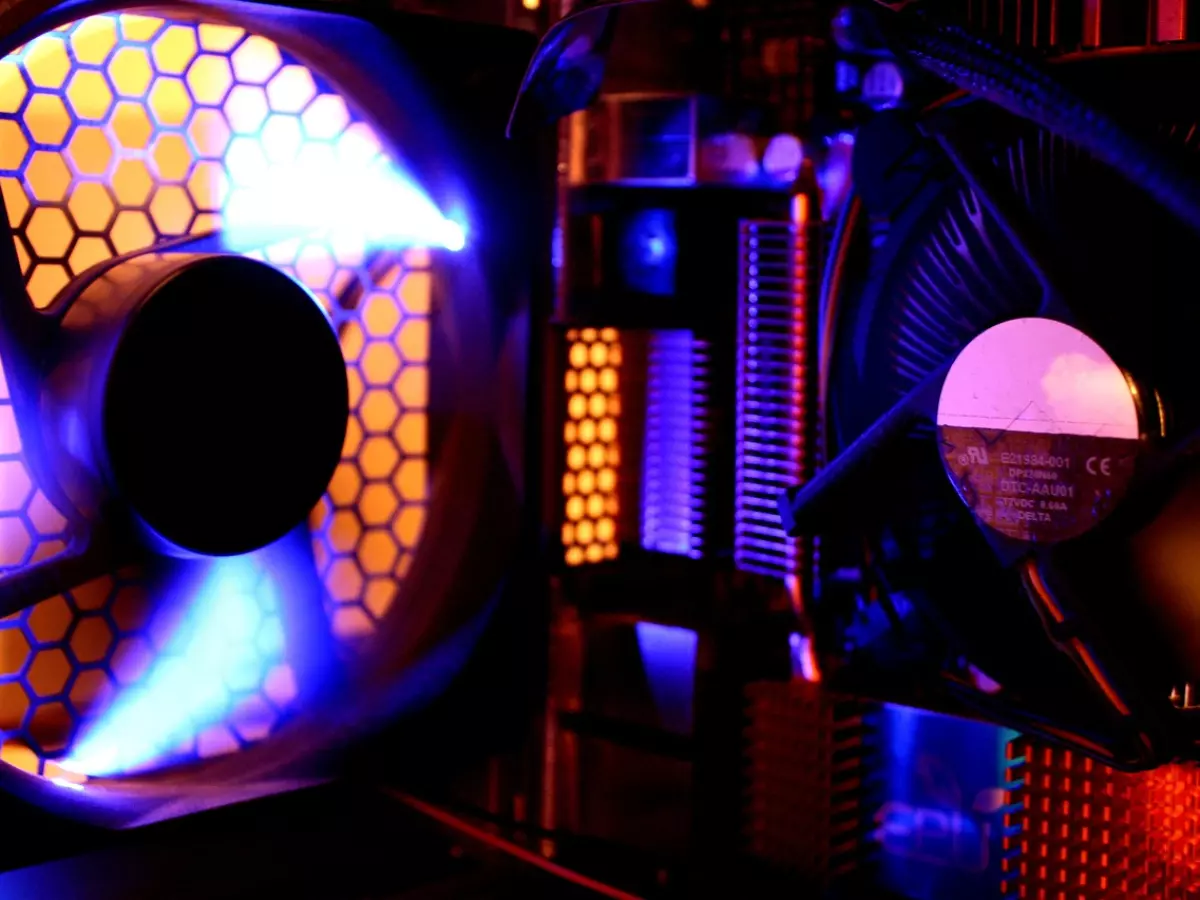Memory Matters
I remember the first time I upgraded my PC’s RAM. I was expecting fireworks—lightning-fast load times, buttery-smooth multitasking, and maybe even a little magic. But instead, I got... well, not much. Sure, things were a bit snappier, but it wasn’t the night-and-day difference I’d been hoping for. That’s when I realized: it’s not just about how much memory you have, but how fast that memory is.

By Hannah White
So, you’ve got a shiny new PC build, or maybe you’re looking to upgrade your current rig. You’ve heard all about RAM—how more is better, how it’s essential for gaming, multitasking, and everything in between. But there’s one thing that often gets overlooked: memory speed. You might be wondering, “Does memory speed really matter? Or is it just another spec to obsess over?”
Well, buckle up, because we’re about to dive deep into the world of memory speed and how it can impact your PC’s performance. Spoiler alert: it’s more important than you think.
What Exactly Is Memory Speed?
Before we get into the nitty-gritty, let’s break down what we mean by memory speed. When we talk about memory speed, we’re referring to the rate at which your RAM can read and write data. This is typically measured in MHz (megahertz), and it’s a key factor in determining how quickly your system can access the data it needs to keep things running smoothly.
Think of your RAM as a highway. The more lanes (capacity) you have, the more cars (data) you can fit. But if those cars are crawling along at 25 mph, it doesn’t matter how many lanes you’ve got—it’s still going to take forever to get where you’re going. That’s where speed comes in. Faster memory means data can be processed more quickly, which can lead to noticeable improvements in performance.
How Does Memory Speed Affect Gaming?
Let’s get one thing straight: if you’re a gamer, memory speed can make a difference. But how much of a difference depends on the games you’re playing and the rest of your system’s specs.
For example, if you’re playing a game that’s heavily reliant on your CPU (think strategy games like Civilization VI), faster memory can help reduce bottlenecks and improve performance. On the other hand, if you’re playing a game that’s more GPU-intensive (like Cyberpunk 2077), you might not see as much of a boost from faster RAM.
That said, faster memory can help with things like loading times, texture streaming, and overall system responsiveness while gaming. So, while it might not give you a massive FPS boost, it can still make your gaming experience smoother and more enjoyable.
Multitasking and Productivity: Does Memory Speed Matter?
If you’re someone who likes to have 20 Chrome tabs open while running Photoshop, Spotify, and a virtual machine, memory speed can be your best friend. When you’re juggling multiple tasks, your system needs to be able to quickly access and manage all that data. Faster memory can help reduce lag and improve overall system responsiveness, making it easier to switch between tasks without missing a beat.
In fact, for productivity tasks like video editing, 3D rendering, and data analysis, memory speed can have a significant impact. These tasks require your system to process large amounts of data quickly, and faster RAM can help ensure that everything runs smoothly.
How Much Speed Is Enough?
Alright, so we’ve established that memory speed matters. But how fast is fast enough? Do you need to shell out for the highest-end RAM on the market, or can you get by with something more modest?
For most users, memory speeds in the range of 2666 MHz to 3200 MHz will be more than sufficient. If you’re a gamer or a content creator, you might benefit from faster speeds—especially if you’re running a high-end CPU that can take advantage of it. But for everyday tasks like web browsing, word processing, and light multitasking, you’re unlikely to notice a huge difference between 2666 MHz and, say, 3600 MHz.
That said, if you’re building a high-performance rig, it’s worth investing in faster memory to ensure that your system can keep up with demanding tasks. Just keep in mind that the law of diminishing returns applies here—once you hit a certain point, the performance gains from faster RAM will start to taper off.
Latency vs. Speed: What’s the Difference?
Here’s where things get a little tricky. When we talk about memory speed, we’re usually referring to the frequency (measured in MHz). But there’s another factor to consider: latency.
Latency refers to the delay between when your system requests data from the RAM and when it actually receives it. This is measured in clock cycles, and lower latency is generally better. However, there’s a trade-off between speed and latency—faster memory often comes with higher latency, which can negate some of the performance gains.
So, which is more important: speed or latency? The answer depends on your specific use case. For gaming, faster memory with slightly higher latency is usually the better choice. But for tasks that require quick access to small amounts of data (like certain productivity tasks), lower latency can be more beneficial.
Overclocking: Is It Worth It?
If you’re a performance junkie, you might be tempted to overclock your RAM to squeeze out every last drop of speed. Overclocking can give you a performance boost, but it also comes with risks—namely, increased heat and potential system instability.
That said, if you’re comfortable tinkering with your system’s settings and you’ve got good cooling, overclocking can be a fun way to push your hardware to its limits. Just be sure to do your research and proceed with caution.
Final Thoughts: Does Memory Speed Really Matter?
At the end of the day, memory speed does matter—but how much it matters depends on what you’re using your PC for. If you’re a gamer, content creator, or power user, faster memory can help improve performance and make your system feel more responsive. But if you’re just using your PC for everyday tasks, you’re unlikely to notice a huge difference between mid-range and high-end RAM.
So, should you obsess over memory speed? Probably not. But if you’re looking to build a high-performance rig or squeeze every last drop of performance out of your system, it’s definitely worth considering.
In the end, it’s all about finding the right balance between speed, capacity, and budget. And hey, if you’re anything like me, you’ll probably end up upgrading again in a year or two anyway. Because let’s be real: the quest for the perfect PC never really ends, does it?





